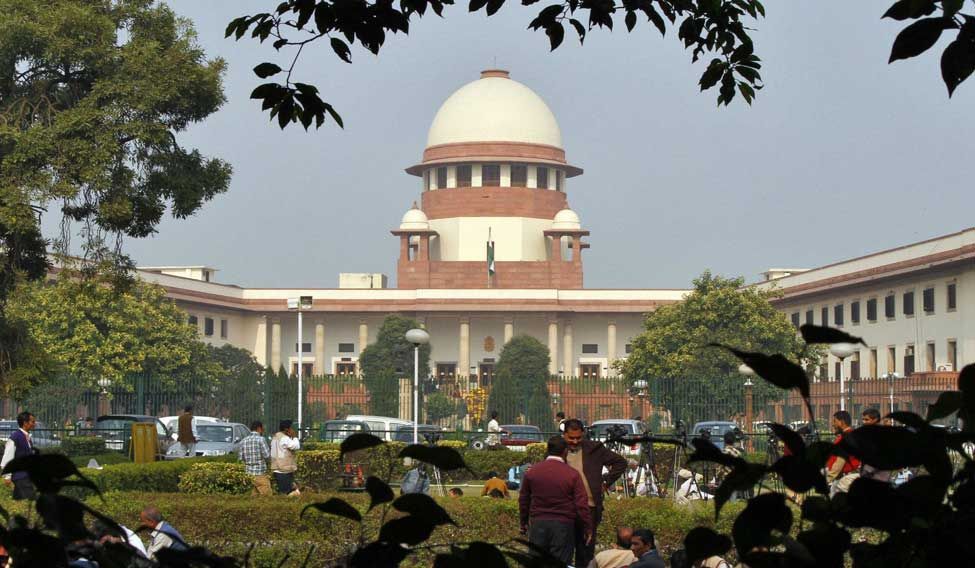A parliamentary standing committee has questioned the present system of `judges appointing judges', stating that the appointment of judges to the higher judiciary is essentially an executive function and is envisaged as a participatory Constitutional function to be jointly performed by the judiciary and the executive.
"The committee is of the view that judicial appointments are shared responsibility of the executive and the judiciary, to be exercised jointly with neither organ of the State having a primacy over the other," the parliamentary standing committee on law and justice said in its report on the 'Inordinate delay in filling up the vacancies in the Supreme Court and High Courts'.
It said that only "consultation" with the Chief Justice of India for appointment of judges to the higher judiciary was provided for in the Constitution. The Supreme Court has interpreted it as "concurrence". It also said that the judiciary had interpreted in the same context, the 'Chief Justice of India' in Article 124 of the Constitution, as a collegium comprising the CJI and four senior-most judges of the Supreme Court for appointment of judges to the apex court.
"It is also observed that plain language of the Article shows that the word 'Chief Justice of India' refers to 'Chief Justice of India' individually and not as representing collective opinion of judiciary," the report said. It further emphasised that Article 124 empowers the President to consult with judges of the Supreme Court and the High Courts as he deems necessary for the purpose of appointment of judges.
The committee said it strongly recommends that the distortion in the original mandate of the Constitution arising out of the judgments of the apex court needs to be reversed and the original Constitutional position needs to be replaced in letter and spirit.
And in what may mean legislative measures, the committee headed by Congress leader and Rajya Sabha Deputy Leader of the House Anand Sharma said the government may take appropriate measures in that regard.
The questioning of the present system of appointment of judges to the higher judiciary assumes significance in the backdrop of the ongoing tussle between the government and the collegium with regard to the appointments process. After the Supreme Court struck down the National Judicial Appointments Commission, which was envisaged as a replacement of the collegium system, and for which a law was passed by Parliament with political unanimity, the apex court had asked the government to come up with a new Memorandum of Procedure for appointment of judges. It did so even as it revived the collegium.





